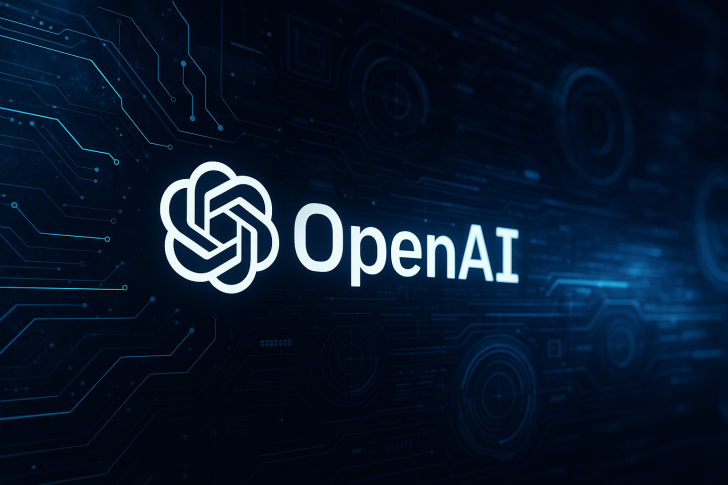Artificial intelligence just hit a hardware wall. The company's now diving into AI chip development and infrastructure financing, potentially using debt to manage skyrocketing costs. With a NVIDIA partnership that could hit $100 billion, this move makes one thing crystal clear: the future of AI isn't just about better algorithms anymore - it's about who controls the chips.
Why This Actually Matters
Md Wasim Ahmed recently highlighted Reuters reports showing OpenAI expanding its Stargate Project way beyond building data centers.
For years, AI progress meant software breakthroughs like GPT-4 or Gemini. But as models get massive, hardware became the chokepoint. You can have the smartest AI in the world, but without enough advanced chips, it's going nowhere. OpenAI isn't just a software company anymore - they're securing the physical foundation that everything else runs on.
Reuters says OpenAI might tap debt financing for this buildout, which tells us two huge things. First, the urgency is real - AI compute demand is exploding so fast that normal funding can't keep up. Second, we're talking about a possible $100 billion NVIDIA partnership. That's not just big money, that's reshape-the-industry money. If this happens, compute shortages could ease and new AI products could hit the market way faster.
What This Means for Everyone Else
The innovation focus is shifting hard. AI's next big wins might come from securing compute power, not just writing better code. OpenAI's stepping into territory already claimed by Google's TPUs and Amazon's AWS chips - this is a direct challenge to the current power structure.
More chips mean more capacity for everyone. Users could see faster AI tool updates, wider business adoption, and eventually lower costs. The whole ecosystem speeds up when the hardware bottleneck breaks.
 Usman Salis
Usman Salis

 Usman Salis
Usman Salis


